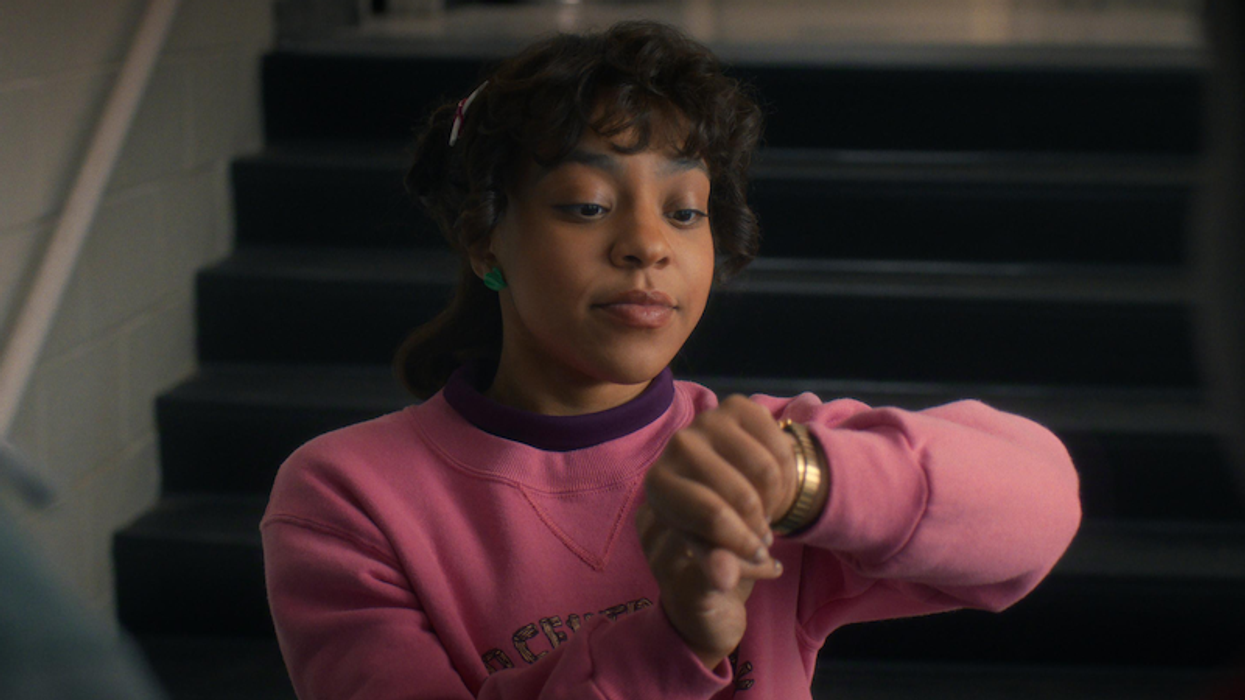‘Cause girl, you’re a queen.
Free Printable Friday: NYE Crowns for Your Whole Squad

Congrats! You’re in the holiday homestretch, and now it’s time to sip Champs, toss confetti and ring in 2017 the right way — with your girl squad, wearing crowns like the dope queens you are. To get you ready for the big night, we’ve got you and all your ladies covered with free printable crowns from our Free Printable Friday series. Once you’ve all got your patterned crowns ready to rock, it’s time to paint the town pink like the royalty you are!
Get ready to make these in time for the fireworks! Keep scrolling for detailed instructions.
Materials + Tools:
- 8.5 x 11-inch cardstock paper
- Brit + Co’s NYE crown template
- X-ACTO knife
- cutting mat
- tape
- ruler
- optional: glitter, gems, ribbon, bows, glitter, glitter, glitter
Instructions:
Print out the templates on thick cardstock. Then use the X-ACTO knife to cut out the crown.
Be sure to use a ruler to get clean lines on the crown tips. Round your crown and measure to your head before taping.
Once your crown is taped you are ready to shine! It’s really as simple as that — add optional glitter or bow flair to really take your crown to the next Queen Bey level.
Now you’re ready to dance the night away and ring in 2017 like the boss babes you are! Happy New Year!
We want to see your crowned squad! Share the finished result with us on Instagram by tagging us and using the hashtag #iamcreative. And check out our other awesome Free Printable Friday finds here.
Designs: Yising Chou
Photo Styling: Katie Bond
DIY production: Katie Bond and Lesley Chen
Modeling: Lesley Chen, Beth Wischnia, Cassidy Miller and Lindsay Saito
Photography: Kurt Andre

















